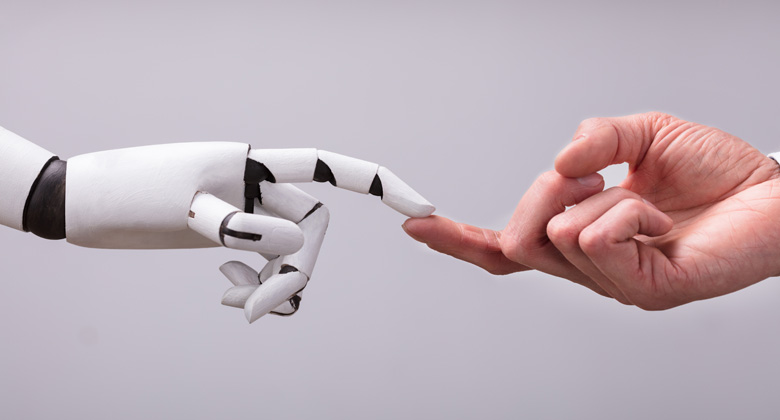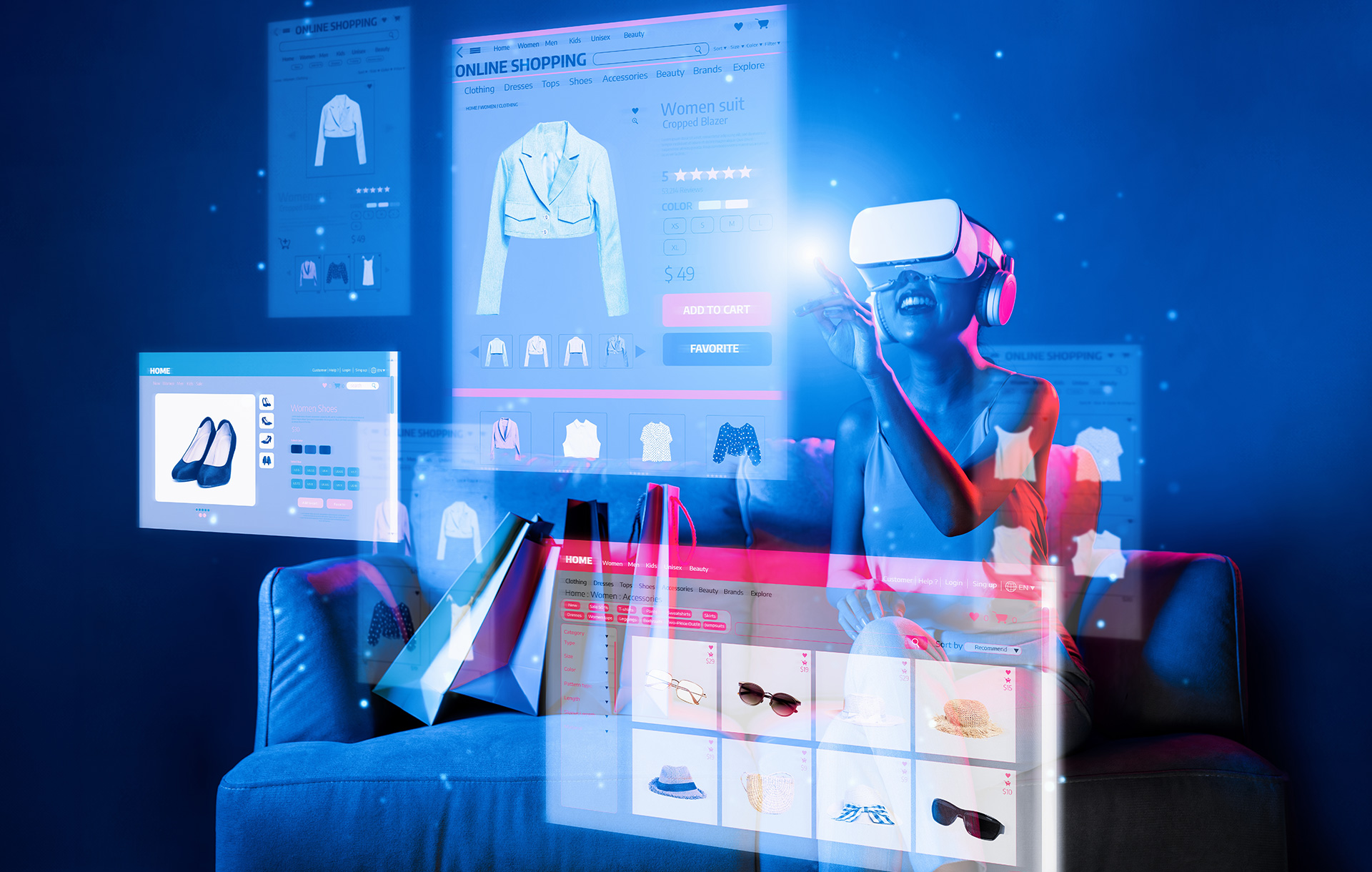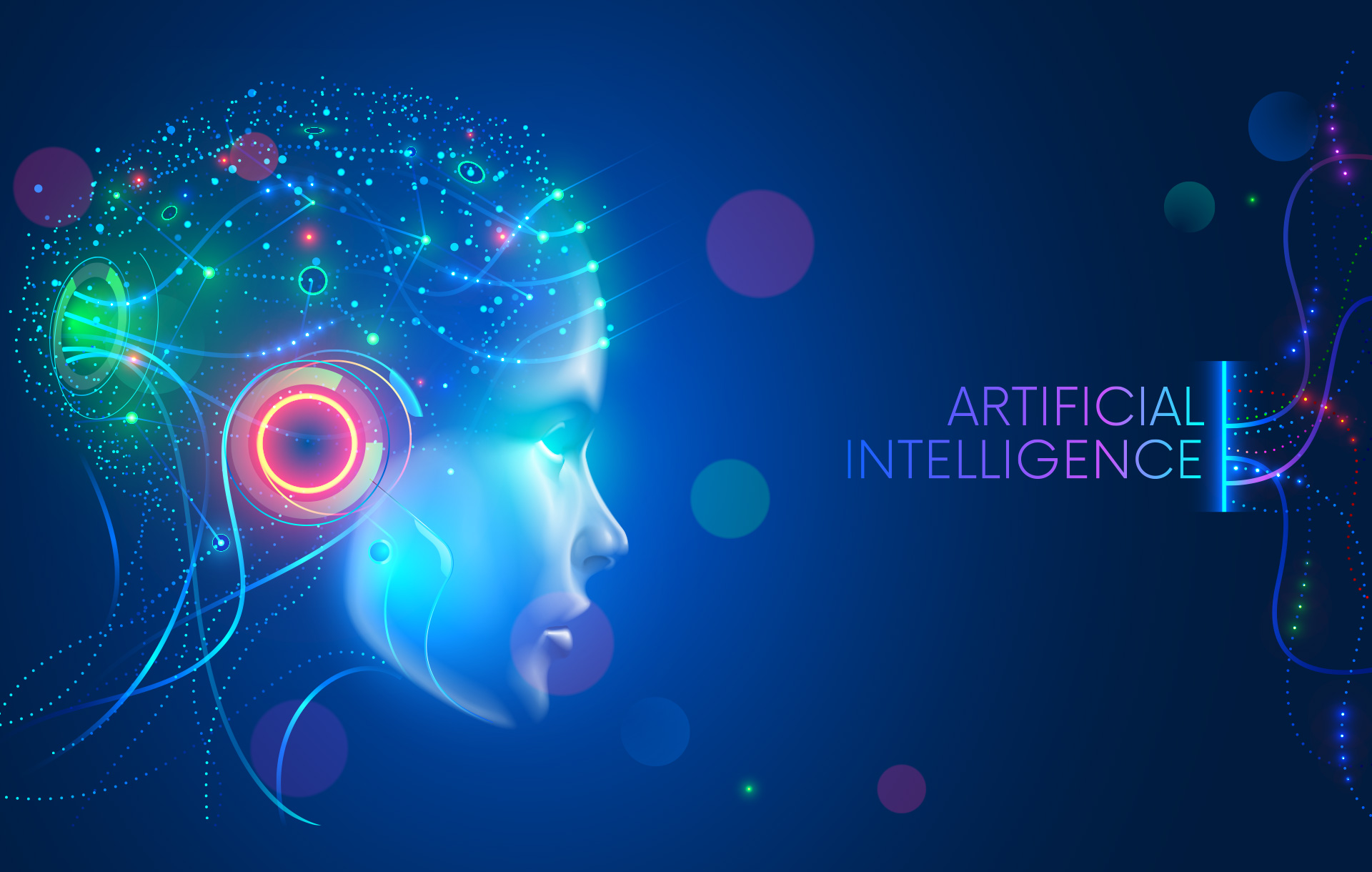The fourth industrial revolution and what it means to us
Amid all the global agendas being discussed at Davos was ‘the Fourth Industrial Revolution’ that academics and economists consistently and enthusiastically touched upon.
‘We stand on the brink of a technological revolution that will fundamentally alter the way we live, work, and relate to one another.’, said the founder of World Economic Forum.
But what does it really mean? What’s the significance to every single of us? IoT, VR, AI and big data are all happening at a much faster and exponential scale, disrupting almost every business sector. So here’s a quick recap on how we are and will be affected by the digital shifts.
Impact on business – information as the engine of innovation.
‘Technological breakthrough’ may be a slightly cheesy and flashy metaphor by now. But the most prominent trend happening in the past years, and will also likely to continue expanding, is the ‘sharing economy’. Uber, Airbnb, Fon… you name it. All of them leverage on the globally ubiquitous smartphones and data to revolutionise the existing supply and demand market.
It has certainly lowered the ‘barriers for businesses and individuals to create wealth’, giving an alternative platform and blurring the traditional barrier between work and home, personal and professional. The range of shared economy businesses are expanding, from laundry to car parking and travel.
In many cases, it is the indispensable role of big data-backed disruptive innovation that has fuelled their successes.
Those that tick all three boxes: affordability, accessibility and structural cost advantages, are virtually challenging and outperforming the existing businesses in many ways. Uber, for instance, has arguably disrupted the traditionally fragmented limo market, by offering cheaper and more accessible options via their slick app. Now take a look at a high-barrier pharmaceutical sector. Harvard Business Review revealed that 23andMe’s big data could potentially ‘enable them to start developing drugs in cheaper, more accessible, and structurally advantage model’.
Impact on work – creativity, more than ever.
‘Nowhere will the impact of the Fourth Industrial Revolution be felt more than in the world of work.’, according to a report by the latest World Economic Forum.
A variety of sources has already heightened the impact of AI and automation on the future of job market. So computer scientists seem to be pretty certain about the major shift in the job market in 5 to 10 years from now.
But that does not, by any means, signify that everyone has to be a computer scientist. Surely almost every type of job will involve some digital and technology skills to a certain extent. In fact, it is not necessarily technical skills that will top the list in the coming years. In contrast, it seems creativity that counts the most. This shouldn’t come as a surprise. Innovation is about creating something entirely new that will revolutionise the incumbent system. Whether it is the new ways of distributing goods, consuming services or producing content (read more here for the impact of AI on content marketing), it is the creative thinking that really matters most.
Impact on commerce – more connected, more personal.
It was Devin Wenig, the CEO of eBay that stole many people’s attention.
In regards to mobile commerce, ‘the mobile phenomenon demonstrates how interwoven technology and commerce have become. But what we’ve seen is only the beginning. I believe we are standing on the brink of another secular shift in technology, a new age of connected commerce.’
He highlighted 5 key trends that will likely to dominate the future of commerce landscape, which are:
- “The age of everywhere” (ie., IoTs) is essentially about the power of data (again!) to enable highly customised/personalised shopping experience.
- “On-demand inventory and supply” will eventually diminish the need for warehouses inventory. Your super-customised request will be turned around by the nearest manufacturing location to your doorstep. ‘Demand first, provision second’ will be the new normal.
- “True global commerce” as eBay will be working hard on making customs, duties, currency and other complex regulatory frameworks less significant.
- “Virtual reality gets real” beyond gaming industry to art, fashion and automobiles, bridging the ‘trust gap’ and giving a better idea of the product they’re paying for.
- “Sustainable shopping gathers momentum”, because it is officially one of the determining factors for the next generation of consumers. (Link to the sharing economy.)
Mind the digital gap
Even the US, the leading country in cutting-edge technology in business, is experiencing a deepening digital divide. Currently the U.S. economy operates at only 18% of its digital potential and productivity, says HBR.
But the gap is not just between leading and laggard sectors. It is evident in the ‘degree of digital usage’, leaving some businesses way behind in terms of digital engagement, social media interactions, online payments, etc. And the cleavage in those building digital workforce and those who don’t is even deeper.
If what have been discussed at World Economic Forum turns out to be accurate, we can no longer ignore the exacerbating gap between those who invest in digital and those who don’t.
What do you think?
Appnova is a digital agency specialising in web design, UX, eCommerce, mobile app development, branding, content marketing and social media.
Keep following us on Twitter @appnova and “like” us on Facebook for useful news and tasteful digressions about geeky stuff.








0.Comments